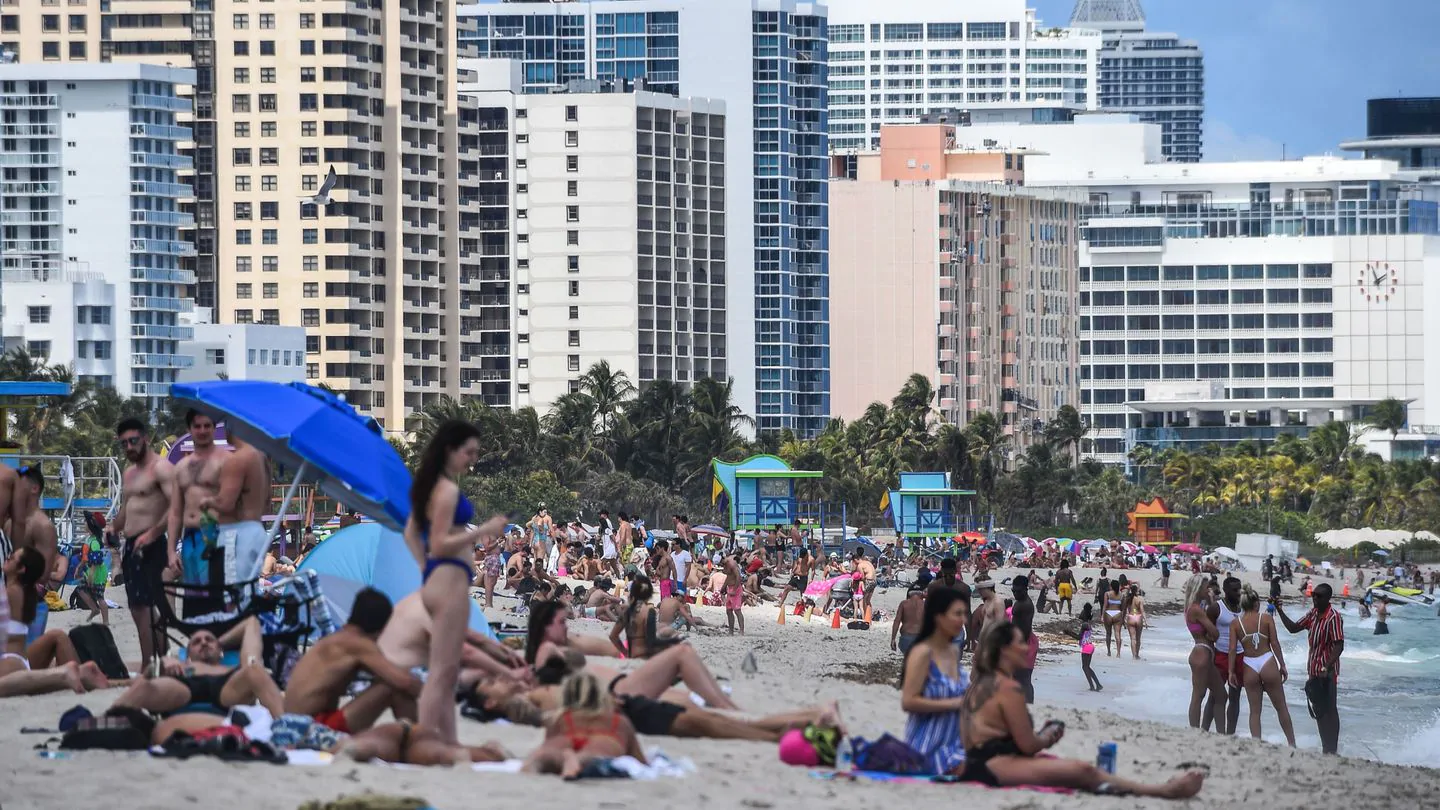The deadly coronavirus has been met with a bit of a shrug among some in the under-50 set in the United States. Even as public health officials repeatedly urged social distancing, the young and hip spilled out of bars on Bourbon Street in New Orleans. They gleefully hopped on flights, tweeting about the rock-bottom airfares. And they gathered in packs on beaches.
Their attitudes were based in part on early data from China, which suggested covid-19 might seriously sicken or kill the elderly — but spare the young.
Stark new data from the United States and Europe suggests otherwise.
Earlier this week, French health ministry official Jérome Salomon said half of the 300 to 400 coronavirus patients treated in intensive care units in Paris were younger than 65, and, according to numbers presented at a seminar of intensive care specialists, half the ICU patients in the Netherlands were younger than 50.
At a White House news conference on Wednesday, Deborah Birx, the response coordinator of the nation’s coronavirus task force, warned about the concerning reports from France — and Italy, too — about “young people getting seriously ill and very seriously ill in the ICUs.”
She called out younger generations in particular, for not taking the virus seriously, and warned of “disproportional number of infections among that group.”
President Trump reinforced her warning, saying: “We don’t want them gathering, and I see they do gather, including on beaches and in restaurants, young people. They don’t realize, and they’re feeling invincible.”
The CDC report looked at 4,226 covid-19 cases, with much of the data coming from the outbreaks among older adults in assisted living facilities. As in China, the highest percentage of severe outcomes were among the elderly. About 80 percent of people who died were older than 65.

However, the percentage wit

